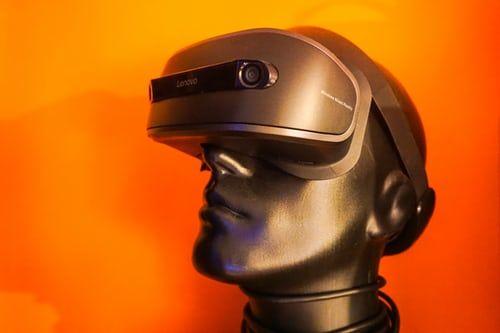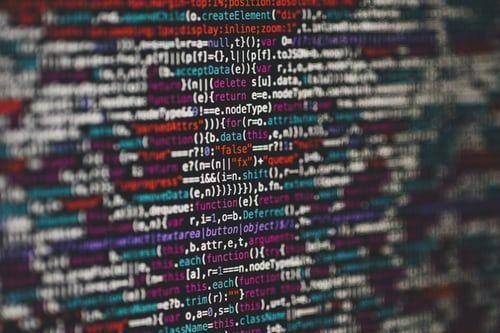The age of the robots
Senia MwoondeRobot. This word has become popular in today's vocabulary, but what is a robot? A robot is a machine- especially one programmable by a computer- capable of carrying out a complex series of actions automatically.
Robots can be guided by an external control device or the control may be embedded within. Robots may be constructed on the lines of human form, but most robots are machines designed to perform a task with no regard to their aesthetics.
Robots can be autonomous or semi-autonomous and range from humanoids to industrial robots, medical operating robots, patient assist robots or even dog therapy robots. By mimicking a life-like appearance or automating movements, a robot may convey a sense of intelligence or thought of its own.
The branch of technology that deals with the design, construction, operation and application of robots as well as computer systems for their control, sensory feedback and processing and robotics. These technologies deal with automated machines that can take the place of humans in dangerous environments or manufacturing processes, or resemble humans in appearance, behaviour, or cognition. However helpful robots may be, there has been overwhelming fears that robots might take over jobs previously done by humans.
Automation may create as many jobs as it destroys, a new study finds, but men, younger folks and the minorities hold positions that are particularly vulnerable. According to an analysis firm, Oxford Economics, up to 20 million manufacturing jobs all over the world could be taken over by robots by 2030 which is only ten years away. However, increasing automation will boost jobs and economic growth, it added. As robots complement or replace human efforts with more regularity, people may assume that the technology can be trusted to perform its function effectively and safely. Yet designers, users and others must evaluate the assumption in a systematic and ongoing manner. Placing one's trust in an "intelligent" technology is growing a phenomenon. However, there is a question that is quite scary and disturbing. Will robots take over the world? As of now there is no clear answer to this question, but an AI takeover is a hypothetical scenario in which artificial intelligence (AI) becomes the dominant firm of intelligence on Earth, with computers or robots effectively taking control of the planet from the human species. However fast developing this technology may be, there are some jobs that are least likely to be automated such as recreational therapist, orthosists and protheisists, audiologists, etc. In the meantime, there are also things that one can do to stay employed when they finally have a robot for your job. Develop soft skills, take the initiative to experiment with new technology, look out for new jobs created by innovative technologies. Until that happens keep yourself up to date with the current developments in robotics.





Comments
My Zone
No comments have been left on this article